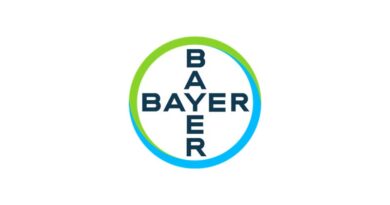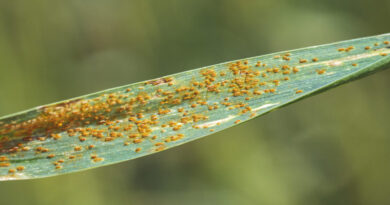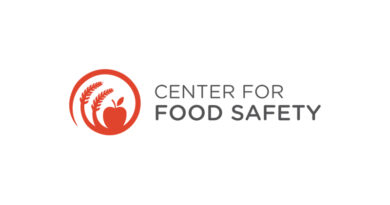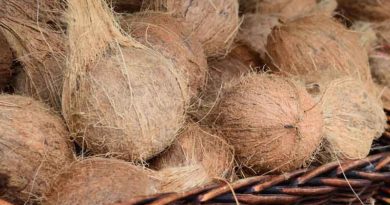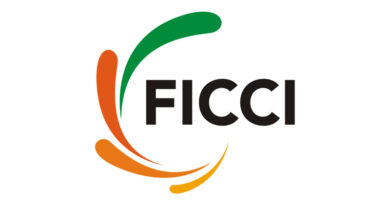ICAR working on potential drug for Covid-19 treatment
ICAR-NRC exploring the possibilities of targeting cellular proteins for antiviral drug development
06 June 2020, New Delhi: The ongoing pandemic of Covid-19 has become a health emergency of international concern. Therapeutic agents that can be used against COVID19 or other coronavirus diseases are unavailable. Classically, antiviral drugs are developed by directly targeting certain viral proteins. However, this strategy often fails due to rapid generation of drug-resistant viruses. This intriguing ability of viruses to rapidly and frequently change themselves is a big challenge for the scientists in developing antiviral drugs.
ICAR-NRC exploring the possibilities for antiviral drug development
Scientists at National Centre for Veterinary Type Cultures of ICAR-NRC on Equines, Hisar (Haryana) are pioneers in exploring the possibilities of targeting cellular proteins for antiviral drug development. In a recent article published last week in the Clinical Microbiology Reviews (a prestigious Journal of the American Society of Microbiology), scientists have discussed potential benefits of host-directed antiviral therapy. They have been able to identify several antiviral agents against diverse group of viruses in the recent past.
Coronaviruses have wide host range; infect birds and mammals including bats. The coronaviruses are the largest RNA viruses with a genome length of ~30 Kb (27-31 Kb). The degree of genetic similarity among various coronaviruses varies from 60-99%. However, a certain degree of cross protection exists among the coronavirus originated from humans and animals. Most coronaviruses primarily cause respiratory infections, although enteric, nephrotic, neurologic and hepatic forms may also exist.
Upon emergence of COVID-19 pandemics, scientists at ICAR-NRCE rapidly evaluated antiviral efficacy of some natural products; those which are safe for human use (presently with no safety issues and risks) and are commonly used to treat cough and fever. Rather than directly acting on virus particles, most of the natural products act indirectly by regulating host responses thereby mimics host-directed antiviral therapy. The chicken coronavirus called infectious bronchitis virus (IBV), was the first corona virus identified during 1930. It causes a severe respiratory, nephrotic and reproductive infection in poultry. This chicken IBV infection model was used in the study to investigate the antiviral effect of certain herbal plants.
In a preliminary study, a natural product (namely VTC-antiC1) gave encouraging results against IBV coronavirus. At a non-cytotoxic concentration, VTC-AntiC1was able to completely protect chicken embryos upon lethal IBV challenge infection. Besides, the growth of the embryos in VTC-anntiC1-treteated group was much better than the vehicle-control-treated group. In addition, VTCAntiC1 also showed a potent in vitro (Vero cells) antiviral efficacy against some other RNA (Newcastle disease virus) and DNA (buffalopox virus) viruses. This suggests that VTC-anntiC1 has the potential to treat coronavirus and may be repurposed to treat COVID-19 patients.



